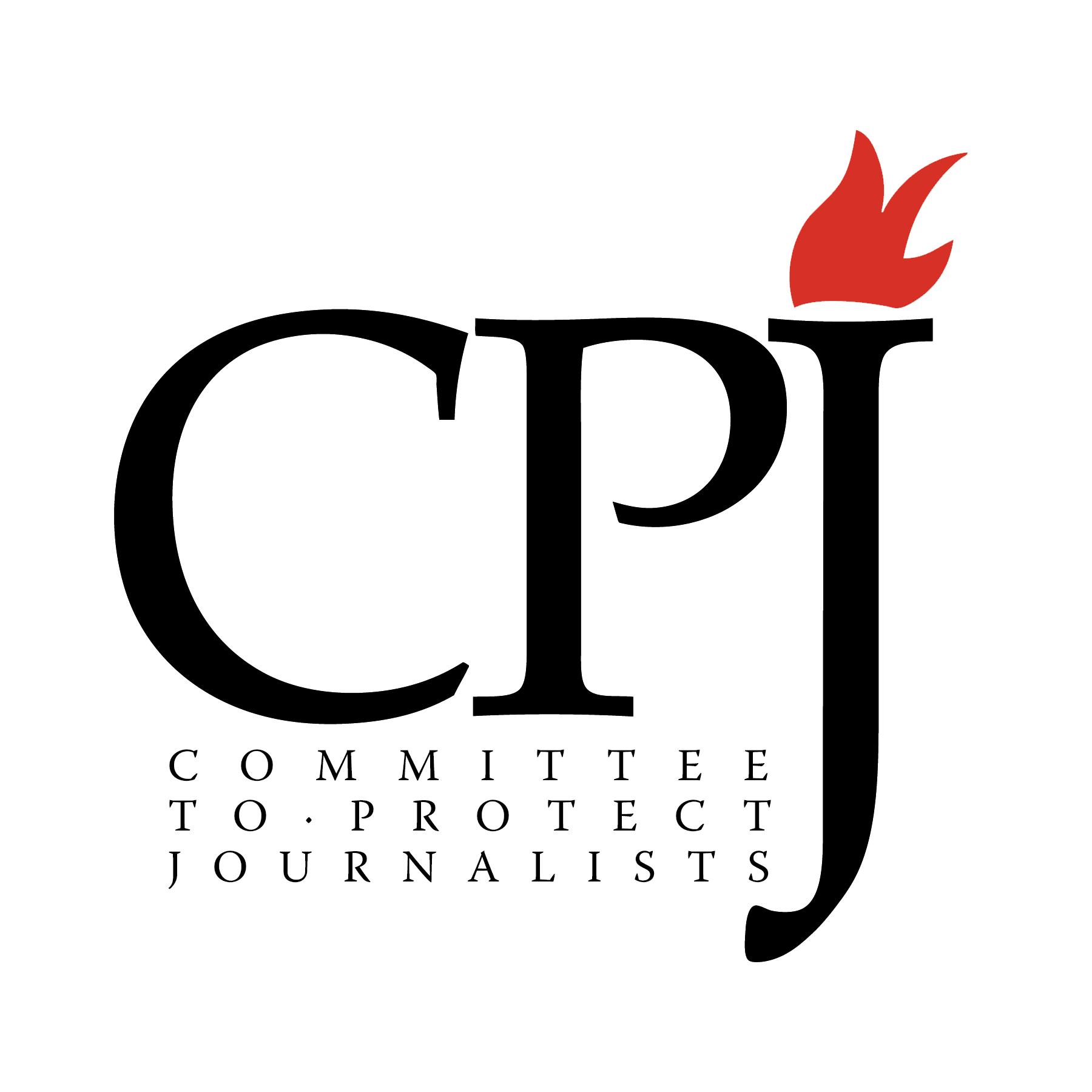The worst fear of Right to Information (RTI) activists has come true. The government has moved the premier, yet controversial, investigative agency the Central Bureau of Investigation (CBI) out of the RTI purview. Their excuse is national security. Ignoring the already present provisions of Section 8 of the RTI Act, that safeguards sensitive information, the government decided to give the CBI a blanket exemption. What is more shocking is the secretive manner in which this change was brought about. In March this year, RTI activist Subhash Chandra Agrawal had filed four RTI petitions with the CBI demanding to know details of the corruption cases involving bureaucrats and ministers. In response, the CBI declined information, calling it voluminous. Agrawal then made his first appeal with the Appellate Authority of the CBI in May. However, on 16 June, the Appellate Authority refused to intervene and informed him that according to a government notification dated 9 June, the CBI had been moved from the purview of the RTI Act. This notification was not even made public before 20 June.
The government’s intentions became very clear today. It wants to kill Lokpal before it were born. They want to create a Lokpal without any administrative or investigative machinery – an emaciated and disempowered Lokpal. Government says that it would be an eleven member body. Benches of these eleven members would take all decisions. Government says that Lokpal would have powers to receive public grievances from ordinary people. So, if an income tax officer demanded a bribe to give an income tax refund in Bangalore, the citizen will have to make a complaint to the eleven member body in Delhi and come to Delhi for hearings.
Supreme Court lawyer Prashant Bhushan tells Kunal Majumder that the Centre is probably stonewalling on the Lokpal Bill. “For the first time, major contentious issues were discussed and the government’s response was negative on virtually all of them. They said the prime minister should not be included, the judiciary should not be included, the MPS’ conduct inside Parliament should not be included, nor should government servants below a certain level. That leaves only a small section, i.e., ministers and senior civil servants. Kapil Sibal even said that the armed forces should not be included. Then what is the point of the Lokpal?” he says.
Digvijaya Singh, General Secretary, Congress on land acquisition. “The Congress is not against land acquisition for public purpose in which farmers’ consent is taken and they are adequately compensated. Most of the acquired land in Noida is not for public purpose but for private developers. Plots have been allotted arbitrarily. As for Jaitapur, the agitation is against the nuclear power plant rather than land acquisition,” he says.
Dear Mrs. Sonia Gandhi, I am really grateful to you for your concern for my health. I am also relieved to note that you fullysupport the cause and think that […]





